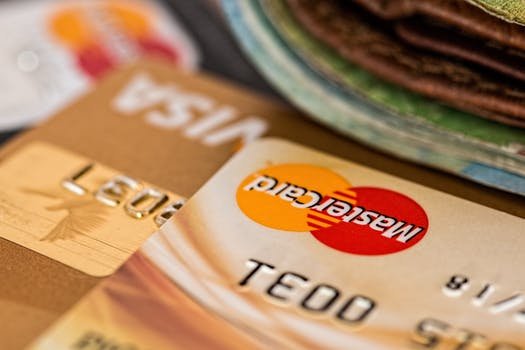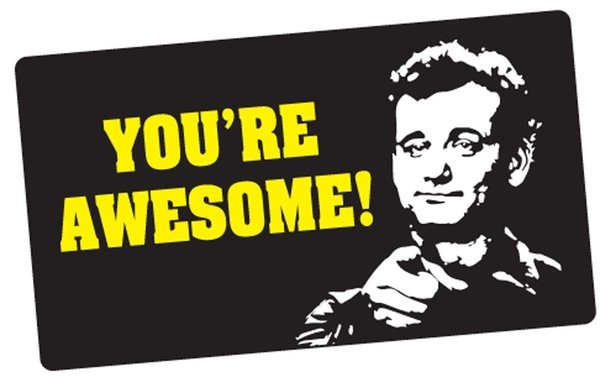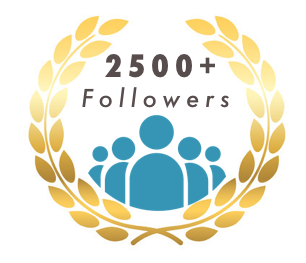₿ Cryptocurrencies vs. Traditional Finance Institutions. 🏦
Cryptocurrencies and blockchain startups are steadily replacing the “old” system of traditional institutions.

Not only are cryptocurrencies disrupting the finance systems but as well as education, voting, marketing, social media and anything that currently needs 3rd party verification/confirmation.
It is without a doubt that the most affected market sector is the finance sector. Over the past few months, we’re seeing a lot of talent quit their jobs in traditional institutions to go start or join blockchain startups. These are the top talents from companies such as Google, IBM, Facebook etc.
So as to not make this post long, I will focus on how cryptocurrencies and blockchain are affecting this sector – Finance sector.

The finance sector is by far the biggest in every country in the world consisting of gambling, advertising, and commerce markets; to name a few. All these markets are driven by a common currency which is the standard for price setting and accepted as money amongst the people. Today, that currency is the United States dollar ($) which is controlled by the central banking system of the US, the Federal Reserve.
For decades, fiat currencies have been the universal form for payments of goods and services, and before that precious metals such as gold and silver, were the standard money. So all in all we’ve always had money that was tangible and whose value was determined by the markets. Since the invention of the ‘fiat‘ currency scheme, the value of our money has been determined by a single entity in the Federal Reserve.
Introducing Bitcoin. In 2009 a new form of “money” was introduced to the world. Unlike previous forms of money – paper, gold & silver, pearls, bones etc. – bitcoin is an intangible form of money which is traded digitally via the internet. Bitcoin has no owner, borders, and requires no bank account to be transferred across the world.
Besides being a currency, Bitcoin introduced something more valuable in that it is a system by which no 3rd parties are required to produce new money into the system. New money is produced by users (miners), transactions are confirmed and monitored by these users all across the world which ensures decentralization of the system.

Payment systems like Visa and MasterCard will be the first to feel the immense pressures when Bitcoin and blockchain start to catch on with the masses. Once the cryptocurrency system goes mainstream it will definitely eat into Visa and MasterCard’s bottom line. They will have to either adapt and evolve or face irrelevancy.
The biggest entity of them all is now also facing its biggest threat thus far. Previously, the Federal Reserve was protected by a bill which made it illegal for people to create their own currencies and competition was eliminated in that manner. Because for decades our currency has been centralized, i.e. controlled by a single entity this meant we were exposed to a slavery of some sort.
Let me explain. Because the Federal Reserve controls how much money to print and when to print it this means our markets are heavily manipulated and corrupted by big banks who’re the first to get this money. As a result, we the people are somewhat forced to work harder to make ends meet depending on how much money is in circulation at that moment.
The circulation of money in the system creates market situations such as the inflation or deflation of the economy. I will write a post later on evaluating the overall effects these have on the market and the economy as a whole. With Bitcoin being a deflationary money system it will be interesting to see how markets adjust to its general rise in value.
It was Meyer Rothschild who said:
Permit me to issue and control the money of a nation, and I care not who makes its laws.
Conclusion
Meyer Rothschild understood well enough that whoever has control over the money supply may as well have control over the people. The laws of a nation come secondary and aren't as powerful as money because they still need to be implemented and enforced, which again requires money to do.
Assuming transactions will be private and we won’t be paying taxes or insane fees then we will have complete financial freedom in the world. How will things turn out when people have the power literally in their own hands? When people finally have control over their own money?
One thing's for sure, the coming years and months will be very interesting and seeing how things unfold heading into the future is something I'm excited about.

Do you have any thoughts or opinions you'd like to share? Please share them in the comments section below and if you'd like me to notify you when a new post is up, type "notify" in the comments and I'll let you know as soon as it is posted.
I always strive to create value for my followers and to the community whether it's Finance, Life, Business, or just valuable knowledge. Please subscribe to receive such content and upvote if this was of value to you.
Until the next one, have a great day!
Twitter: @EarnOnlineWith_
Telegram: @EarnOnlineWith_
Youtube: Coming soon!


